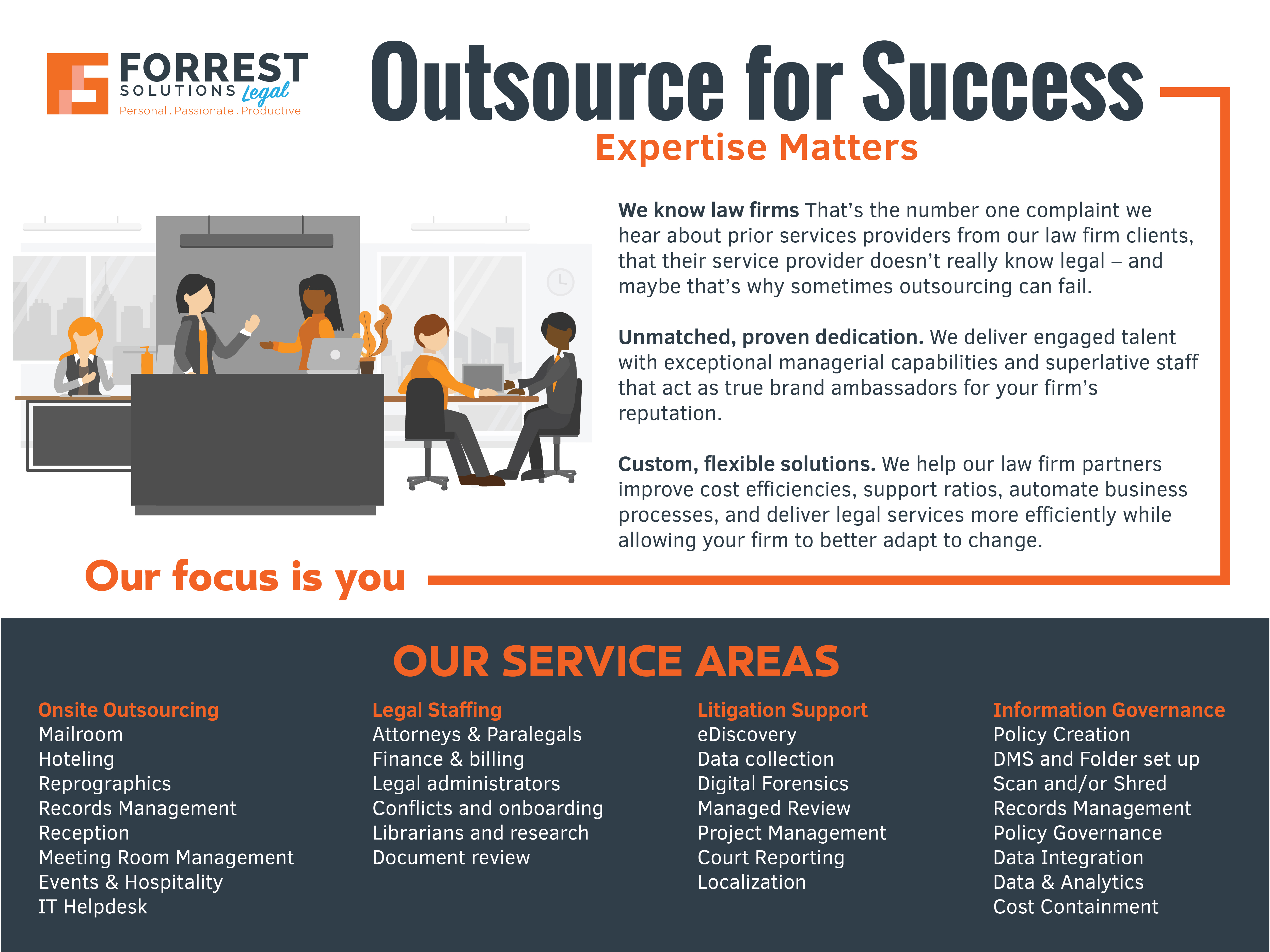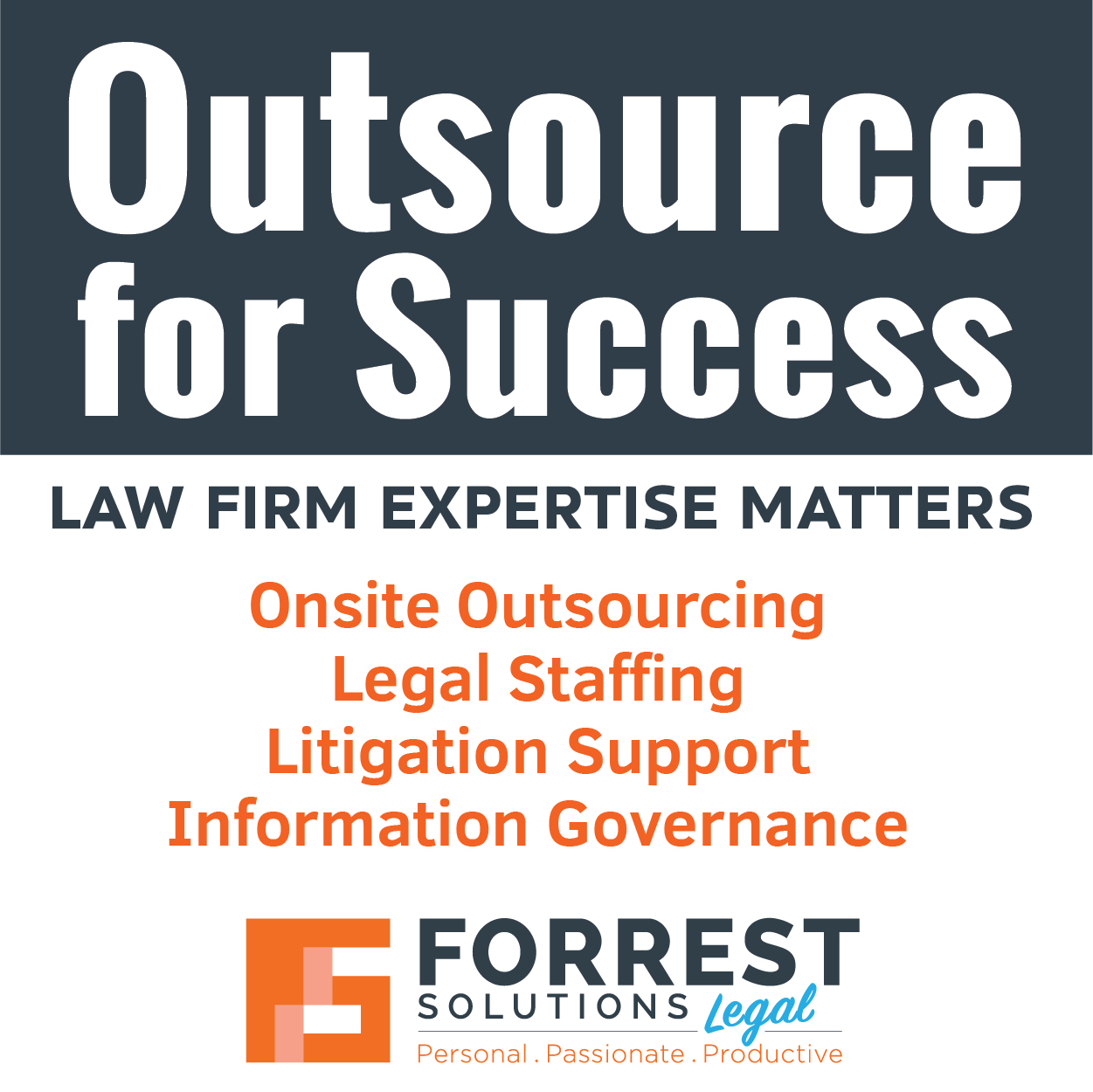If that kind of shock to the professional environment would challenge the equanimity of anyone, Jurrells characterizes the long-term result as favorable. “The pandemic made us all realize we can do more work in a decentralized way,” she says. “We don’t have to see each other face-to-face to be productive and get things done.”
As the year went by, Jurrells felt her team was often communicating better because of the ease of jumping onto Zoom or Microsoft Teams. “We didn’t have to figure out how to get everybody in the same room,” she says. “That can be as hard as herding cats.”
Husch Blackwell’s long history of experimentation with remote working arrangements allowed it to more easily adjust to the new normal created by the pandemic. Indeed, a few months after the crisis hit, the firm launched a completely virtual office called The Link. Dispensing entirely with a traditional brick-and-mortar environment, the new structure allowed attorneys, office administrators and support staff to work from their homes or locations of their choosing.
“I don’t know that the pandemic made us do The Link, but it definitely sped up the timeline,” says Jurrells. “The arrangement allowed us to hire attorneys located and licensed in states where we do not presently have brick-and-mortar offices.” The result, she feels, has been a more flexible enterprise. “We can now help clients who might not necessarily look outside of their state.”
EXTERNAL FORCES
The Husch Blackwell experience reflects a larger force pushing for technological change across the entire legal spectrum: Law firms are using lessons learned from the pandemic to retool their operations. Deference to the powerful personal touch of traditional office interactions is being counterbalanced by a greater respect for the efficiencies of remote working arrangements. Reports of rapid revenue growth at cloud-based firms such as Culhane Meadows PLLC, FisherBroyles LLP, Potomac Law Group and Rimon PC further advance the move toward this arrangement.
The forces pushing for a cloud-based future are not all internal ones. The legal system itself can require that law firms become more adept at negotiating digital networks.
“During the pandemic, the Miami state courts used Zoom and other virtual platforms to accomplish a lot of day-to-day work,” says Don Hayden, a Founding Partner at Mark Migdal & Hayden, a Miami-based firm with 17 attorneys. “One resulting benefit was the realization — not just by my firm but by the Miami legal community — that we can accomplish many routine pretrial court appearances more efficiently through virtual court proceedings.”
“The arrangement allowed us to hire attorneys located and licensed in states where we do not presently have brick-and-mortar offices. We can now help clients who might not necessarily look outside of their state.”
Rather than sitting one or two hours in a crowded courtroom for a five-minute status hearing, says Hayden, attorneys were able to attend calendar calls and routine motions from their desks, waiting in queue while dealing with other matters. And depositions lent themselves to virtual engagements with programs such as Zoom.
“At first, there was a concern that you wouldn’t be able to really test the credibility of a witness virtually,” says Hayden. “But the clarity of the pictures was pretty good and you could see the speakers’ facial expressions.”
Like live depositions, virtual depositions can be recorded so juries can be shown how a witness responded. The limited number of participants also helps the process, notes Hayden. “You have the person asking the questions, the deponent and the deponent’s attorney. So it’s not like a witness can get sidetracked.”
Cloud computing has other advantages. “For attorneys who have become comfortable with the technology, it’s sometimes easier to go through a stack of documents on your screen rather than in a conference room,” says Hayden. “And the fact that attorneys don’t have to travel to a remote location translates into a cost savings for clients.”
Hayden’s conclusion? He doesn’t see the virtual trend disappearing any time soon. “I think the courts saw a benefit, so many routine hearings are going to continue virtually.”
FACING CHALLENGES
In-person communications will not disappear completely. Live depositions will be required in some cases, especially when there are issues of credibility. And virtual trials? Not any time soon.
“It’s difficult to conduct a virtual proceeding for a complex legal matter where you have to be sure the jury’s paying attention,” says Hayden. “We’ve seen situations where people get distracted or diverted while they’re on a Zoom call and might not think they’re being watched. So it would be difficult for a judge to evaluate whether a jury member is paying attention and not looking at another screen and doing things on the side.”
“The fact that attorneys don’t have to travel to a remote location translates into a cost savings for clients.”
Cloud computing has allowed firms to use technology to undertake the requisite transformation of their systems from paper to digital. Yet getting up to speed on an integrated computerized system can be a formidable challenge even for firms with a talented IT department. Husch Blackwell, for example, found it had to learn to do some things differently even though it had long been partially decentralized. For starters, there was the challenge of perfecting the requisite communications technologies.
“Our IT team was very responsive when we encountered problems,” says Jurrells. “That’s probably one reason we decentralized so well.”
Any law firm moving into the cloud must also deal with the attendant issues, such as a reduction in face-to-face client contacts and awkward attorney collaborations. The pandemic environment has given many firms the opportunity to hone their skills in those areas. Even so, most law firms will probably opt for a hybrid model that combines physical locations with cloud communications.
HYBRID MODELS
Such is the case at Mark Migdal & Hayden. “During the pandemic we saw that remote work was not the ideal setting for the teamwork, collaboration and mentorship which are important to our firm culture,” says Hayden. When paralegals need to interact with attorneys on cases, for example, it is more efficient to have them in the office for direct communications. “There’s real value in being able to walk down the hall to discuss your cases in person with your colleagues.”
As a result, says Hayden, the firm is gradually bringing staff back into the office. “At the same time, we’re mindful of the needs of some staff to work remotely on occasions, such as when they have childcare issues. And we will continue to use remote technology where it makes us nimble.”
“We’ve learned everyone has their own way of working and their own comfort levels with remote work. Some may feel they never need to go back to the office, while others feel better coming in and seeing people.”
And how about Husch Blackwell? The Link continues to grow: An initiative that began with 50 attorneys and paralegals has grown to 80. Even so, the firm is likely to expand its brick-and-mortar operations as well. “I don’t know that the firm will ever move completely away from a traditional office setup,” says Jurrells.
Efficient as virtual operations are, it seems sometimes there’s no substitute for the traditional one-on-one. “We’ve learned everyone has their own way of working and their own comfort levels with remote work,” says Jurrells. “Some may feel they never need to go back to the office, while others feel better coming in and seeing people. There’s a lot to be said for face-to-face communication.”
Etan Mark, founding partner of Mark Migdal & Hayden, recently sat down with the Legal Management Talk podcast, to discuss why a hybrid option of both in-person and virtual is the best of both worlds for attorneys, staff and clients. Listen to The Virtual Effect on Law Firms with Etan Mark.


